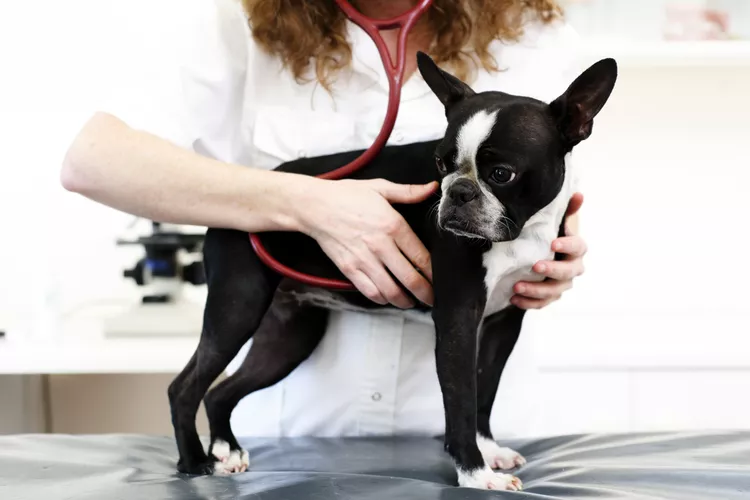How to Prepare Financially for Sick Pet Visits

Prepare financially for any unexpected sick pet visits, so you can be in a better position to provide for your pet with the best care without feeling the financial stress. Caring for a pet can often be expensive, especially when they fall ill, so we've created a list of some helpful tips to help you plan accordingly.
Pick Your Pet Wisely
Before bringing home a new pet, think about what type of pet you would like to have. Do you want a cat, dog, or another type of pet? Do you want a small pet or a large pet? Do you want to bring home one pet or two? Is your new pet going to require special care like more frequent grooming? Do you have your eye on a breed that is prone to pricey health issues? Figuring out what you want ahead of time will give you a better idea of how to prepare for tough situations.
Create a Budget
Once you know what type of pet you would like to bring home, it’s now time to create a rough yearly budget. Just as you would create a budget for your household, consider making one for pet care costs. If you have a favorite household budget template, just substitute pet care items. For example, one-time costs may include adoption fees, initial veterinary visit, crate, litter box, spaying/neutering/microchip. Ongoing costs will include food, veterinary visits for annual visits and medical issues, vaccinations, prevention, and grooming.
Other costs to consider are pet insurance, pet savings fund, travel costs, boarding/pet sitting, and money for emergencies. Understanding the true costs of owning a pet and veterinary care will hopefully give you a better understanding of what responsibilities you are about to take on.
Pet Insurance
Sign up for a pet insurance plan as soon as your pet steps foot in your home. If you are adopting, some shelters/rescues will provide a short-term pet insurance policy. Pet insurance differs from human insurance in that you will pay the animal hospital for services and the insurance company will reimburse you directly. Pet insurance is most effective when your pet experiences an emergency, but some companies have options available for routine care. There are many choices available, so do your homework and choose the right plan for you and your pet.
Pet Savings Plan
Consider setting up a pet savings plan to help put money toward those unexpected expenses. Figure out what you can comfortably save each month, and either contribute money to a bank savings account or designate an envelope specifically for pet expenses. Saving money in a bank savings account may keep you from taking money away from your designated envelope. Even with pet insurance, having money set aside can help with immediate costs while you wait to be reimbursed.
Not Prepared for an Emergency?
If your pet needs immediate care and you are not prepared for the additional expense, here are a few suggestions:
- Reach out to hospitals that may offer low-cost services. Some practices may even offer a free initial office visit. Also, check with local shelters and rescues. They may be able to assist or provide resources about other low-cost options.
- There are some third-party companies that will extend credit for pet-related expenses, sometimes with no interest options. This is similar to using a credit card, so if you don’t want to damage your credit, make sure you understand all of the terms involved.
- If your pet needs services that are beyond your financial means and you have exhausted all options, speak with your veterinarian. They may have a pet fund available. Hospitals have created these funds to help owners experiencing financial difficulty.
- Surrendering your pet to a hospital/rescue/shelter may be a last resort. They may have the means to take on all medical expenses. The downside is, you will no longer be the owner, so your pet will go to another forever home. Additional ideas are below:
If you are not in a financially tough situation, donating funds to your favorite rescue organization or your vet office's emergency pet fund will help other animals in need. This is a great way to pay it forward and to help those less fortunate.